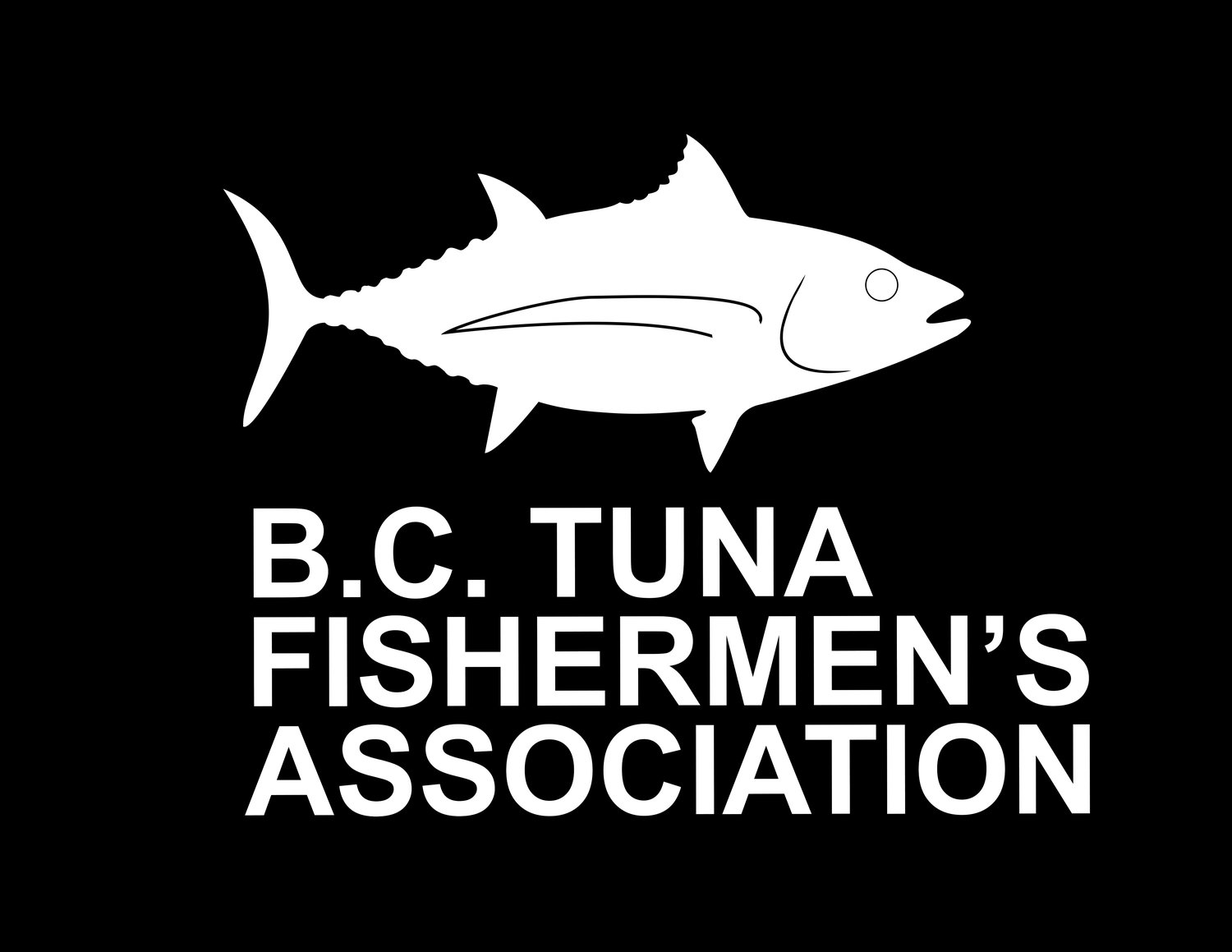By Calley Hair, Columbian staff writer
A bill that would allow institutions researching ocean acidification to compete for $50 million annually in federal prize money passed the U.S. House of Representatives after being introduced by Rep. Jaime Herrera Beutler, R-Battle Ground, earlier this year.
The Ocean Acidification Innovation Act, or H.R. 1921, coasted to victory Wednesday morning with 395 “yay” votes to 22 “nays.” Its next stop is the Senate, where the bipartisan legislation is expected pass.
Under the bill, federal agencies would be able to use existing funds to conduct prize contests — awarding competitors who find better ways to research, monitor and manage ocean acidification.
The National Oceanic and Atmospheric Administration would free up $30.5 million per year through 2024 for the prize money, according to the bill’s text. The National Science Foundation would supply an additional $20 million per year.
Prize money is a carrot commonly dangled by the federal government to boost research and investment into environmental science. Last year, for instance, the U.S. Department of Energy launched a $3 million series of prize contests for entrepreneurs developing new solar technology.
Herrera Beutler represents Washington’s 3rd Congressional District, which stretches to the West Coast and includes a vast fishing and shellfishing community in Pacific County.
“Shellfish and fishing industry jobs in Pacific County are jeopardized by the detrimental effects of ocean acidification,” Herrera Beutler said in a media release.
About a quarter of the country’s oysters are harvested in Southwest Washington. In 2010, the Washington Shellfish Initiative estimated the regional industry provided 2,700 jobs and $184 million.
As the ocean absorbs more carbon dioxide from the atmosphere, the water’s pH level drops and it becomes more corrosive. That can spell disaster for coral reefs, which in a sensitive ocean ecosystem affects the entire marine food chain.
To read the full article click on the link below:




